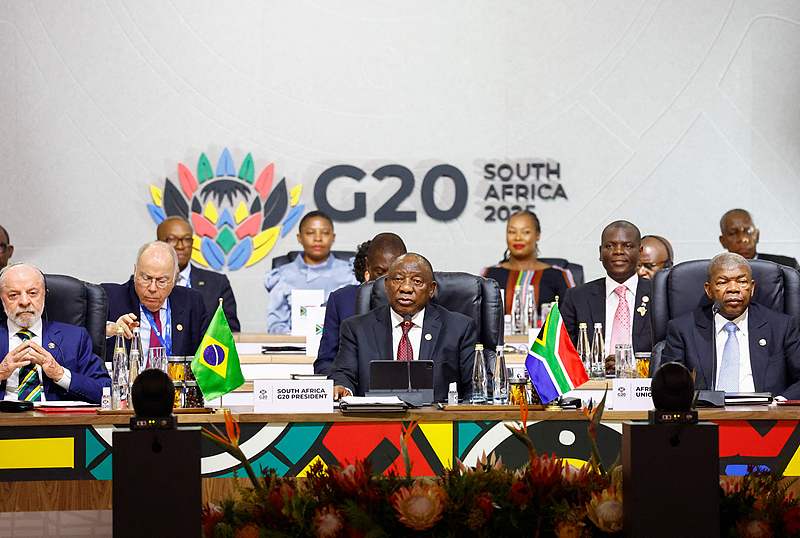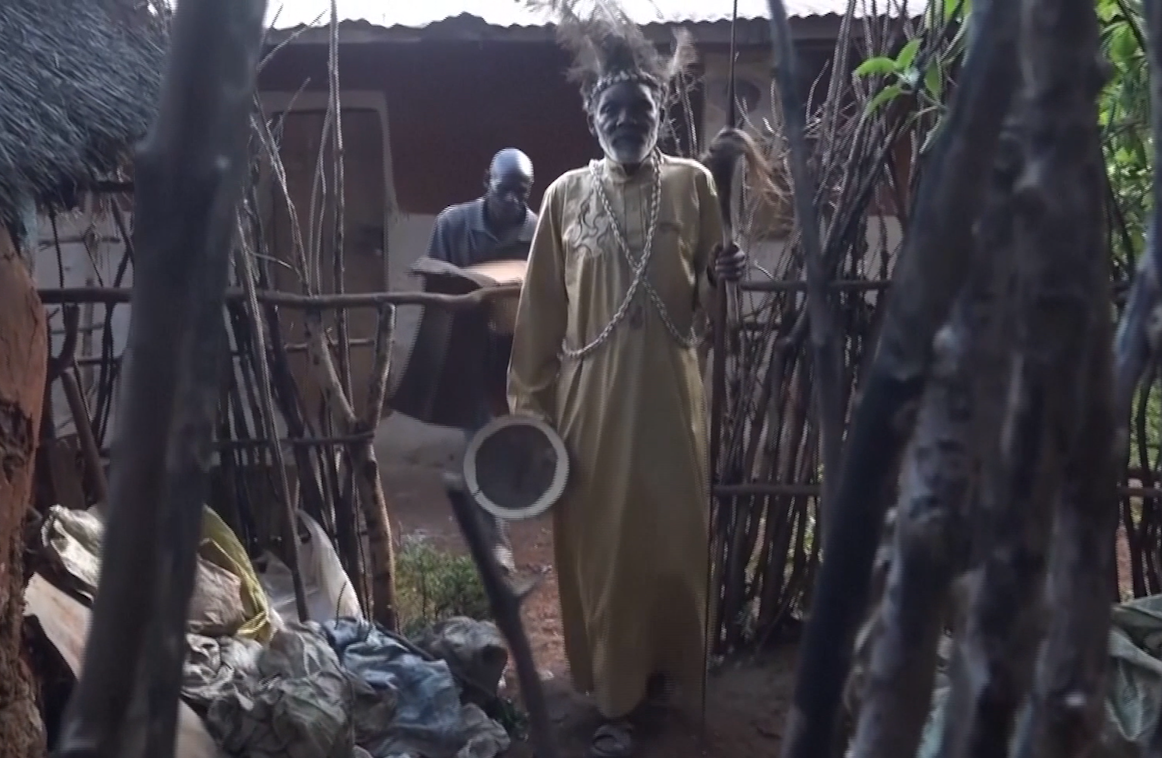
Desperate Ugandan politicians turn to witchcraft ahead of 2026 elections
In a quiet village in Mbale, eastern Uganda, a spiritual ritual is underway.
Rose Mukite, a longtime witch doctor, shakes calabashes and tosses cowrie shells inside her shrine, calling upon ancestral spirits.
Her dry gaze, nothing longer than a minute, feels likes an eternity for her clients. Everyone that visits her relies on her interpretation to know the course of their lives, or crucial part of their existence.
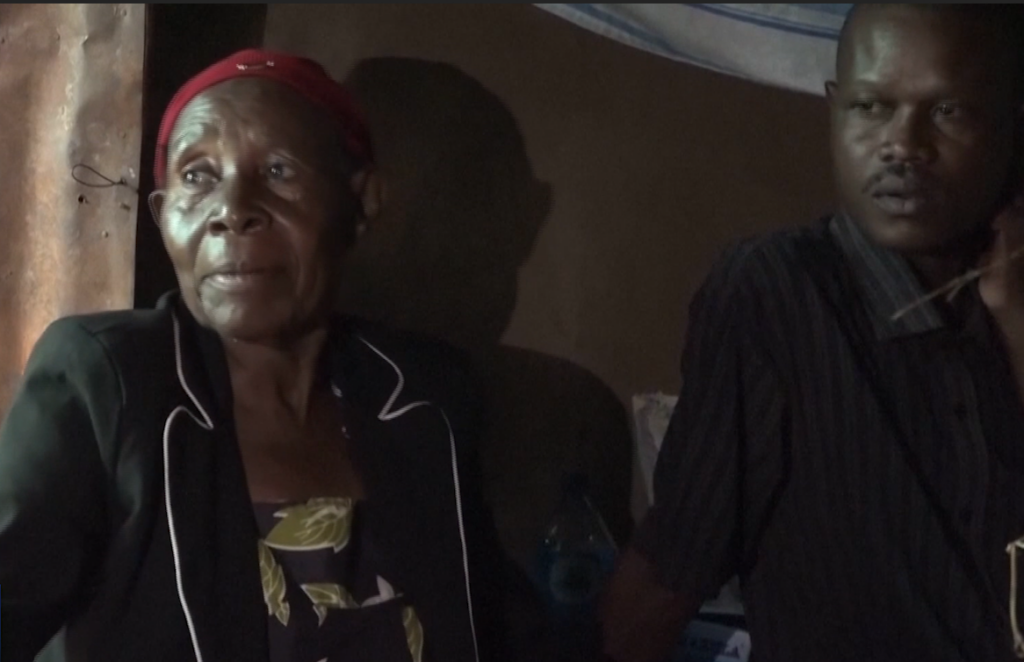
Witchcraft is shunned by many Ugandans, but Mukite and others of her kind, are not short of clients.
As Uganda approaches its 2026 elections, political campaigns have veered beyond rallies and manifestos, and are wading into the murky waters of the proverbial dark world.
Spiritual warfare is firmly at play — and Mukite’s shrine is among the many now frequented by politicians seeking supernatural help to outmaneuver their rivals.
“Many people are coming now because of the election season,” she says. “I give them medicine—tree bark to chew—so they can win and their opponents fail.”
The politicians, attracted by the allure of hefty pay and government privilege, commonly engage in public displays of campaigns including street processions, loud rallies, and flashy campaign cars, but beneath that surface lies a fairly widespread and secretive reliance on witch doctors.
Secrecy is a major part of the dealings, as Uganda remains a predominantly Christian country, and the use of witchcraft is both controversial and deeply ingrained.
Some politicians fear being targeted by rivals using “dark magic.” Others quietly seek protection—or an edge.
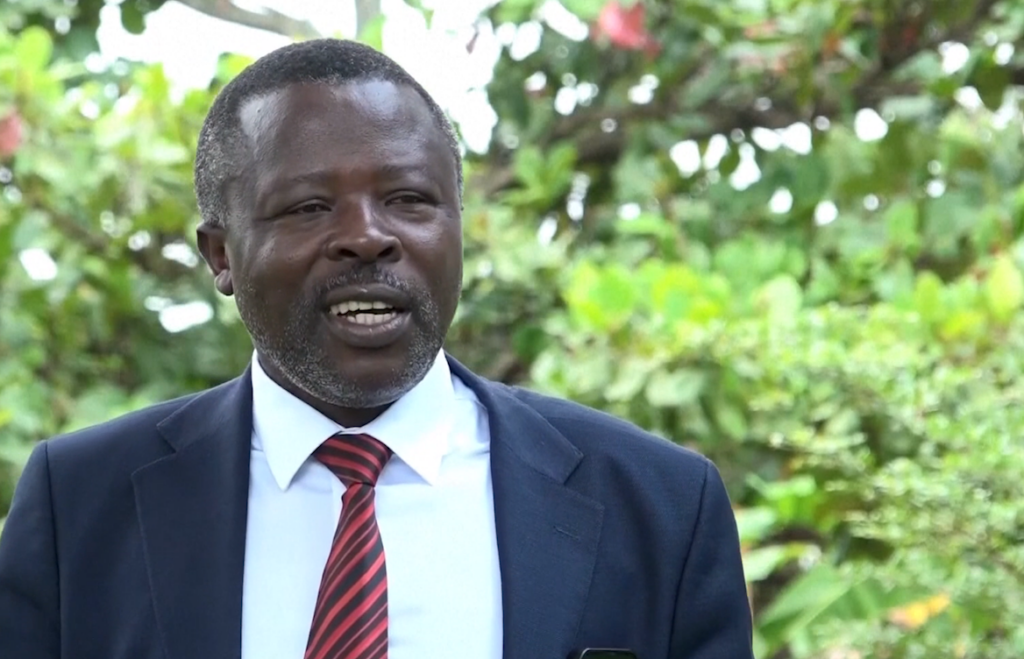
“In an election, nobody is certain of winning,” says researcher Steven Masiga. “Even top politicians may have conduits to witch doctors.”
Peace Khalayi, a parliamentary candidate and devout Catholic, has taken a different path. Campaigning among Muslims and Seventh-day Adventists, she has rejected traditional rituals despite pressure from supporters.
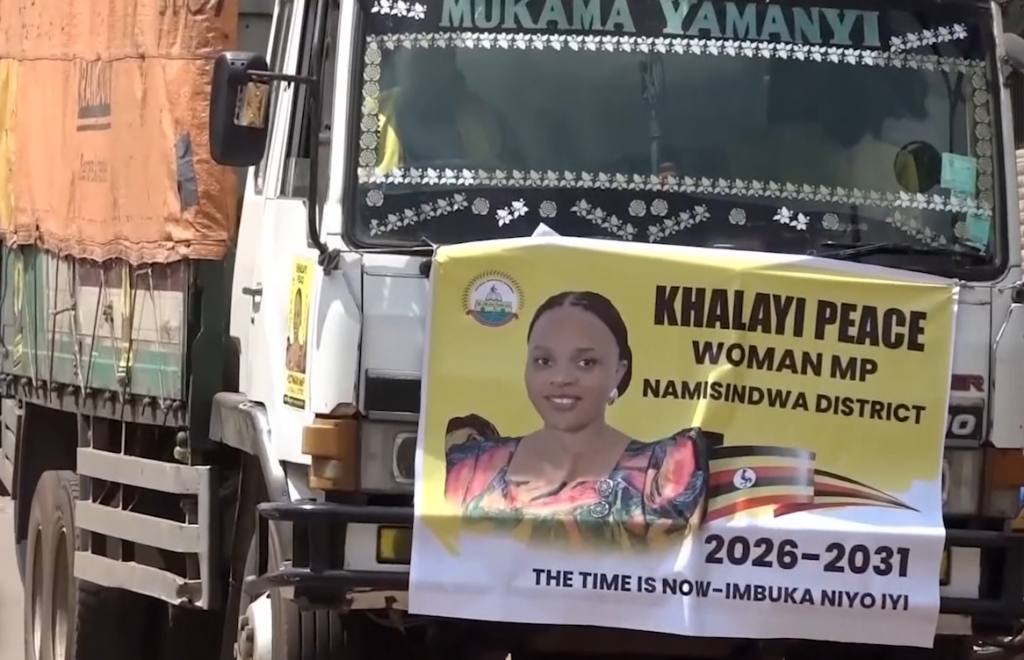
“I don’t believe in witchcraft,” she says. “I pray, I fast, and trust in God for a breakthrough.”
Yet belief in spiritual power persists. Davis Wakane, a Bamasaba cultural leader, sees this fusion of tradition and politics as a legacy of upbringing.
“Some believe chewing herbs or entering a room backwards can help win court cases or elections,” he explains. “Culture, at times, becomes like science.”
Back in her shrine, Mukite remains confident in her powers—but realistic.
“My shrine is like a hospital. Sometimes I fail. Not every politician I help wins,” she says. “But I’ve been working here since the 1980s.”
As Uganda heads to the polls in January 2026, the contest for power plays out on podiums and in public squares—but also in hidden shrines, where some believe the real battles are won.






